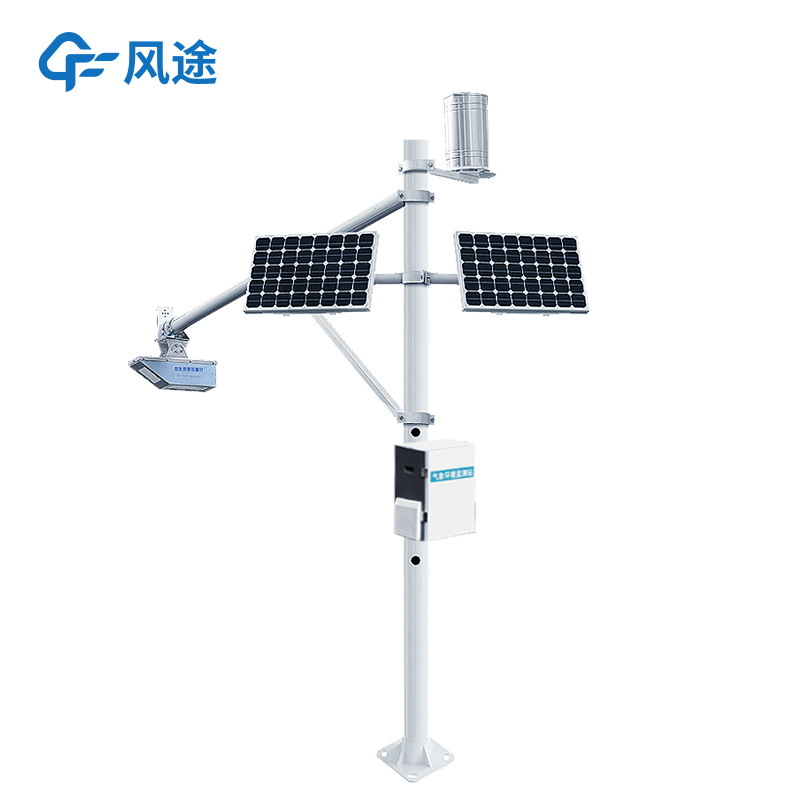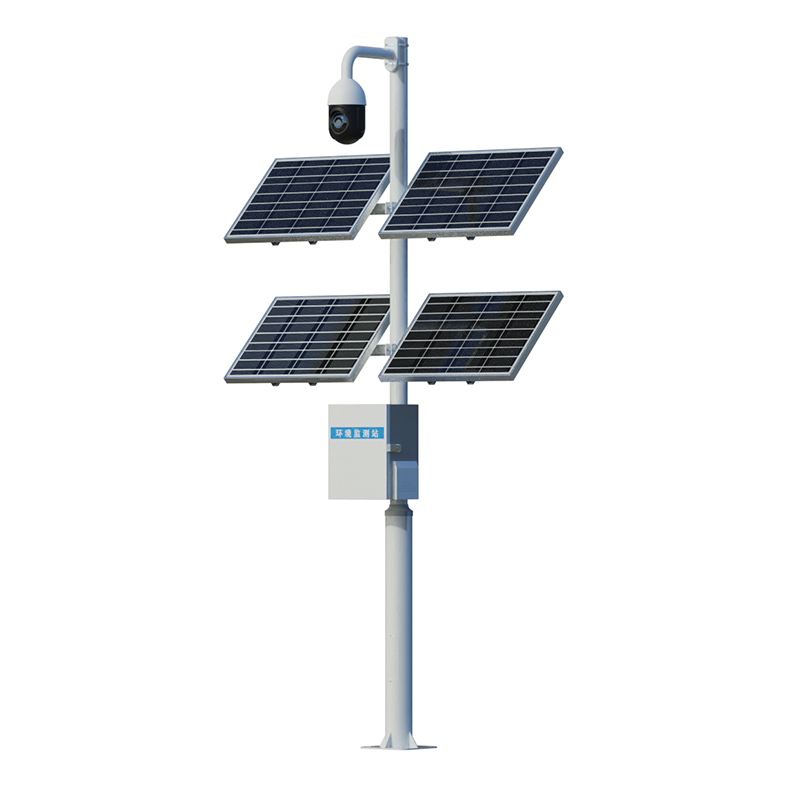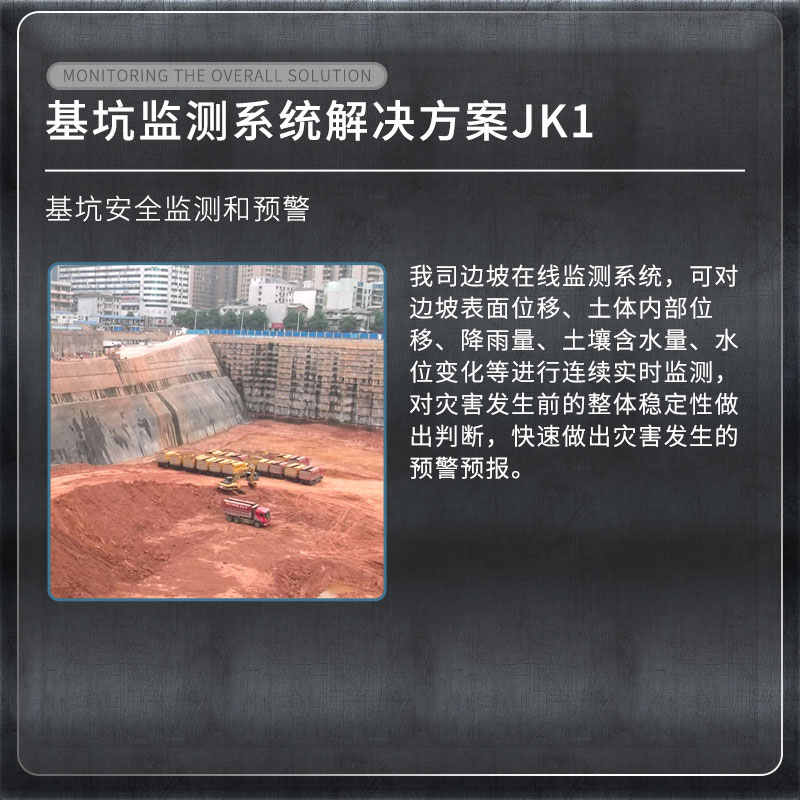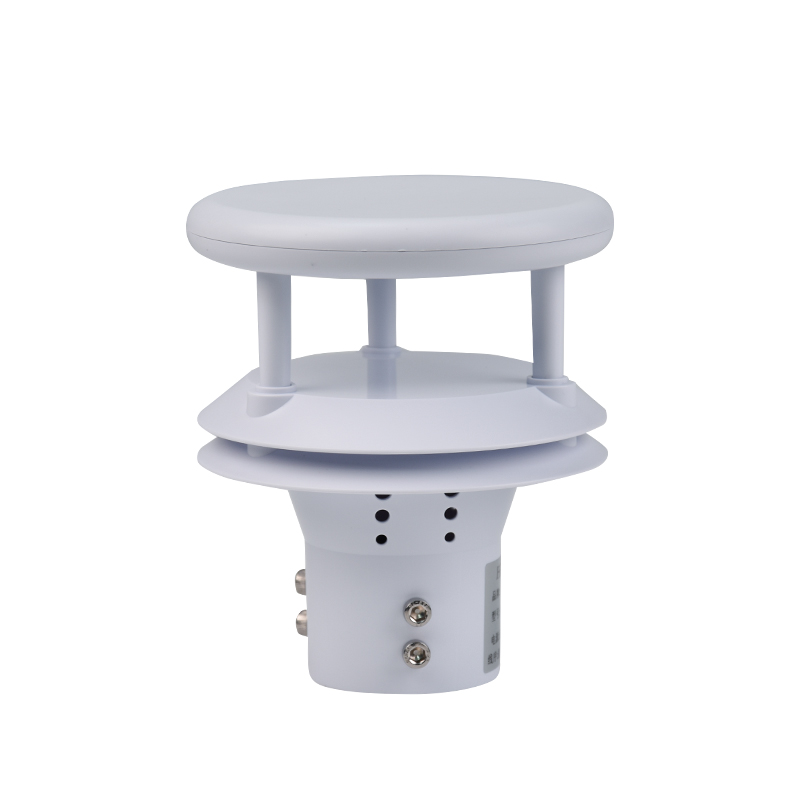The Water Level Monitoring System is a component of the online monitoring and early warning system for rainfall and hydrological conditions. Relying on radar technology, it conducts continuous monitoring of core hydrological elements such as water level and rainfall, and issues early warning prompts in a timely manner, providing data support for relevant water conservancy work.
Developed based on microwave technology, this system is a fully automatic online hydrological monitoring device with the capability of synchronous multi-parameter measurement. It simultaneously acquires data on water level, flow velocity, and discharge in channels, as well as information on regional rainfall. It captures water flow velocity and water level signals through non-contact means, and combines with built-in dedicated algorithms to quickly calculate and output real-time cross-sectional discharge and cumulative discharge data, effectively avoiding the problem that contact measurement is susceptible to environmental interference. Currently, the system has been widely applied in scenarios such as river channel management, irrigation canal regulation, underground drainage pipe network monitoring, and flood control early warning, providing important data support for the daily operation and maintenance of water conservancy projects, emergency response for flood control and disaster reduction, and rational allocation of water resources.
During water level measurement, the device's transmitter emits radar beams of a specific frequency to the water surface. After being reflected by the water surface, the beams are captured by the receiver. Then, based on the fixed relationship between the round-trip time of the beams and the wave speed, the current water level height is accurately calculated. The system parses, processes, and analyzes the collected radar signals in real time to generate water level change trends; when the monitored data exceeds the preset threshold (such as abnormal rise in water level), the system will immediately trigger an automatic early warning mechanism and send early warning signals to relevant personnel through sound and light prompts, text messages, or platform notifications.
Non-contact measurement can resist the impact of environmental factors such as wind, temperature fluctuations, smog, sediment in water bodies, and floating objects on the water surface; the adopted radar detection technology ensures high-precision measurement and high-reliability operation even in complex environments, meeting the needs of real-time monitoring and early warning; synchronous multi-parameter monitoring can provide comprehensive and three-dimensional hydrological data to support scientific decision-making; the device is small in size, easy to install, and low in maintenance costs, which can flexibly adapt to the deployment needs of different water environments such as rivers, irrigation canals, and reservoir surroundings.

This paper addresses:https://www.fengtusz.com/industry/822.html









